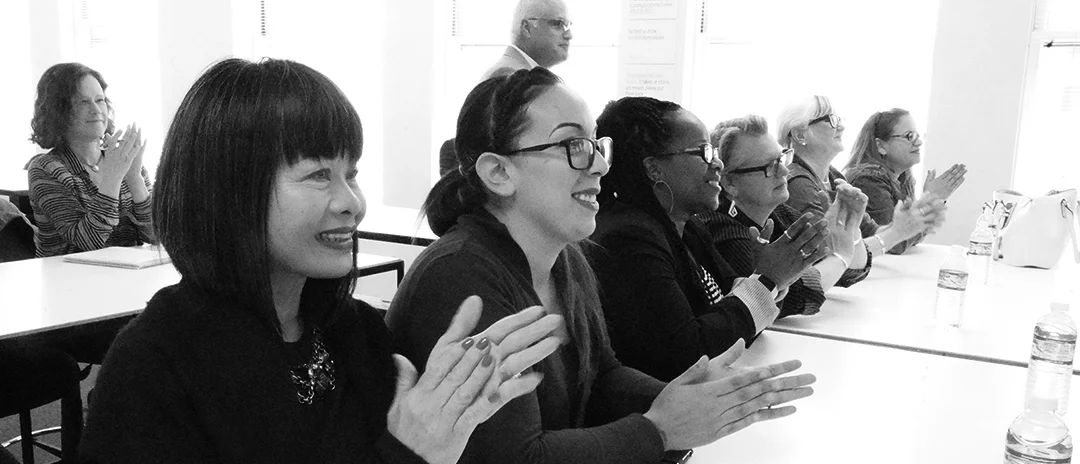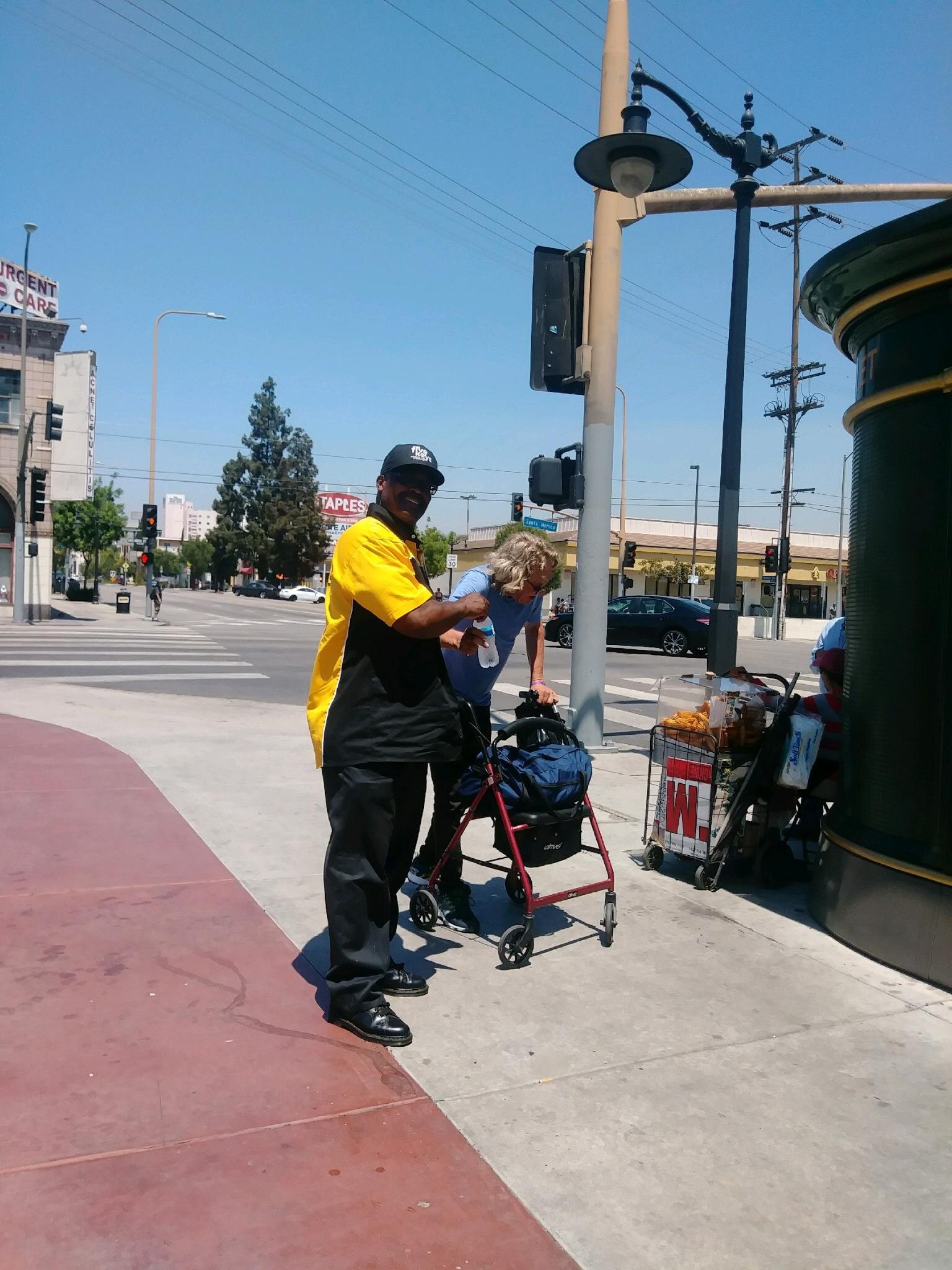Wired with Compassion: Protecting and Transitioning the Formerly Incarcerated
A 27-year veteran of the Los Angeles County Sheriff’s department, Dave Bates saw an egregious number of cases in which suspects were booked, charged in drug, burglary or family violence cases, then released years later and sent back to jails and prisons charged with the same or new crimes.
“It was a revolving door,” says Bates.
Shortly after he retired from his almost three-decade public service career, the opportunity popped up to launch Five Keys’ already successful San Francisco inmate reentry program in Los Angeles, Bates jumped at the opportunity. That was six years ago. “Retirement, what is that?” the 50-something husband and father of two young adult sons asked himself at the time.
For Bates, who served as a senior deputy in the jail, patrolman, and an educator in public and private schools, it is a calling to support this vulnerable population.
“I’ve got a heart for women and men coming out of prison and how difficult it is for them on their release,” says Bates, who grew up in Northern California. “When I learned that Five Keys was helping these people transition back into society for hopefully the last time, I fell in love with the program. I had to be part of it.”
As Director of Transitional Employment and Reentry for Five Keys in Los Angeles, he’s been leading the team who are the people former inmates can trust, and who prepare them for jobs and provide resources for them in the real world.
Bates’ devotion to changing lives is stalwart. He is the chair and co-founder of the Community Action Partnership (CAP) alliance, a group of organizations across Southern California that have an interest in reentry efforts. They focus is on education, housing, drug treatment, expungement, job development and any resource that helps a returning citizen as they adjust back into the community. Bates also serves as a board member for the Los Angeles Mission Foundation, which provides three meals every day, emergency and overnight services and is dedicated to the business of restoring individual lives.
He says, now, more than ever, the coronavirus pandemic has left formerly incarcerated people at particular risk, navigating increased exposure with scant resources for protection and lacking the necessities to navigate the difficulties of day-to-day life. As California releases thousands of prisoners early in the hopes of slowing the spread of coronavirus within the inmate population, Bates, an advocate for the homeless asks: What happens to those individuals as they attempt to transition back into their communities?
The one silver lining: “There are a lot of people getting out of jail who didn’t deserve to be there in the first place.”
With an internal moral compass that points him in the direction to care, Bates and his Five Keys peers have helped more than 600 men and women transition back into society and find some sort of work. Jobs range from clerking at a dozen Rouses supermarkets throughout the Los Angeles area, and staffing the innovative Pit Stop, Shower Stop and the Cal Crew road crew programs run by Five Keys.
The mobile Pit Stop facilities are popular attractions in Skid Row, where now with COVID-19, the need for sanitary conditions has become paramount. Not only does the program bring employment for the formerly incarcerated individuals who staff the facilities, the service brings some measure of dignity and privacy to the lives of the unhoused population.
Another more recent and exciting Five Keys project he is leading and is passionate about is the Cal Crew that is dedicated to cleaning the parks, beaches and campsites that were ravaged by the fires outside of LA.
As a police officer, Bates was in the field of helping people out. But now, at Five Keys, he has experienced an even deeper empathy for humankind.
“I used to maybe look at someone acting out and my quick reaction would be ‘what the hell is wrong with this guy,” says Bates. “But now I know that we never quite know what someone is dealing with. They could be living check to check and were just evicted. I am just reminded not to jump to assumptions. I like the fact that now I am in a role to help people get to where they need to go.”
Recently he helped a young woman who came from a broken relationship, gained her sobriety and was just out of jail. She had been sleeping in her car at a store parking lot. Employing her through Five Keys, Bates and his team helped her find one of the tiny homes that are rented for $300 a month by area churches.“ This was her 4th, 5th or 6th chance, but she was determined she was not going back,” says Bates. “Our hope is that we’ve helped move her toward a new future.”
Though he is passionate about and committed to the long hours he invests in, Bates is finding that COVID and some of the self-distancing he and his family are experiencing has re-ignited his love of oil painting, golf, and cooking.
“But mostly I just love this job. Helping is the way I’m wired,” he says.














